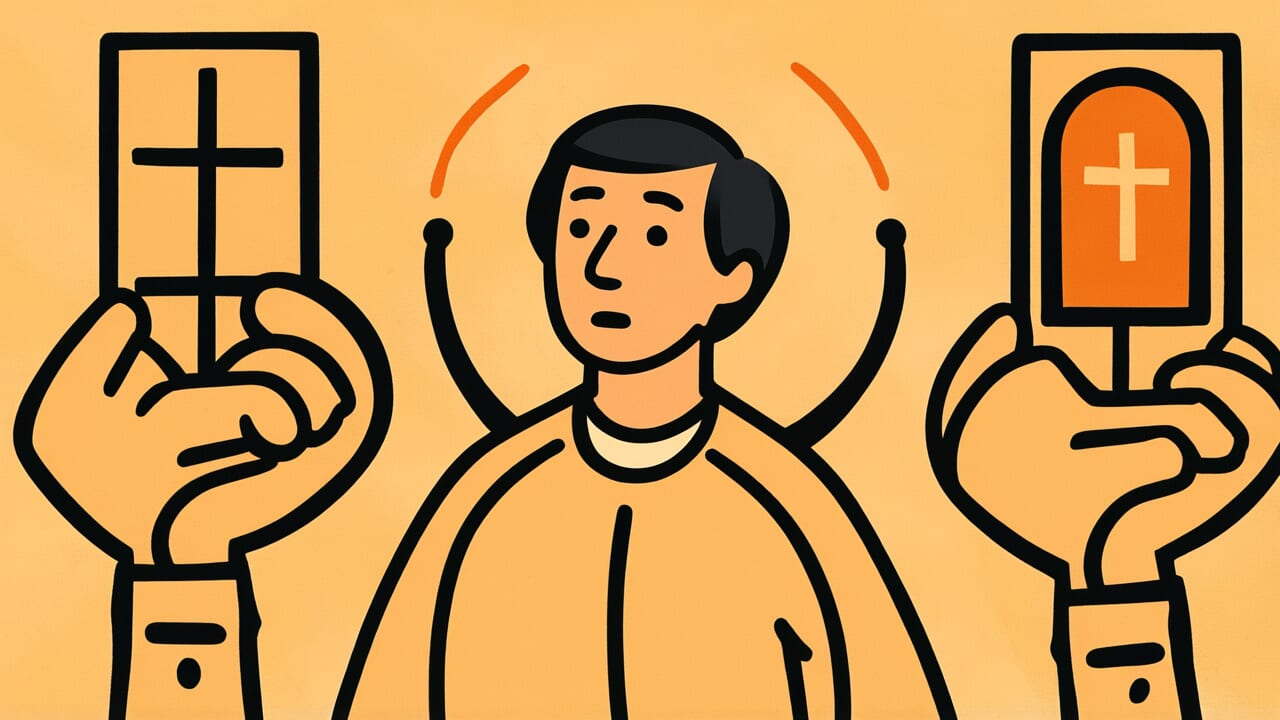How to Read “To die without righteousness is not courage”
Shishite gi narazaru wa yū ni arazaru nari
Meaning of “To die without righteousness is not courage”
This proverb means that true courage lies in risking your life for justice, not in surviving by doing wrong. In other words, protecting your life through unjust means cannot be called real courage.
This proverb applies when people face moral choices in difficult situations. It serves as a guide when you’re torn between bending justice for personal gain or safety, and staying true to what’s right.
Today, this spirit lives on even in situations that don’t involve life and death. It refers to the courage to choose the right path when joining wrongdoing would benefit you, or when speaking truth would harm you.
The essential teaching here is that true courage isn’t physical strength or boldness. It’s the strong will to uphold justice.
Origin and Etymology
This phrase is believed to be strongly influenced by ancient Chinese philosophy, especially Confucianism. The concepts of “righteousness” and “courage” are important themes repeatedly discussed in Confucian classics, including the Analects that record Confucius’s teachings.
Confucianism teaches that true courage isn’t mere strength or boldness, but action based on righteousness. The Analects contains the phrase “To see what is right and not do it is cowardice.” This proverb takes that idea one step further.
The expression “to die without righteousness” shows a spirituality connected to bushido, the way of the warrior. It suggests there is justice worth protecting even at the cost of life.
This type of expression likely emerged as Confucian thought came to Japan and merged with samurai class ethics. During the Edo period especially, teachings that valued “righteousness” spread as samurai principles. Surviving through unjust means was considered shameful.
This phrase questions not just living itself, but the quality of how you live. It represents Japanese spiritual culture by teaching the nobility of following the human path, rather than making survival the sole purpose.
Usage Examples
- He exposed his company’s wrongdoing. He stayed true to the belief that to die without righteousness is not courage
- Rather than lie to protect myself, I’ll speak the truth with the spirit that to die without righteousness is not courage
Universal Wisdom
This proverb has been passed down because humans constantly waver between “living” and “living rightly.” The survival instinct is humanity’s most basic desire. Yet humans are also social beings who hold concepts of justice and morality.
When these two collide, people experience deep conflict.
Looking back through history, some people survived by yielding to injustice, while others died upholding their beliefs. Interestingly, those remembered and respected by later generations are usually the latter. Why is this?
It’s because humans instinctively find value in something beyond self-preservation.
This proverb sees through to the essence of courage. Overcoming fear alone isn’t courage. True courage is the power to stand up for something greater than yourself—for justice or belief.
Everyone has weaknesses, but we also have the strength to act for ideals beyond ourselves.
This universal truth never fades with time. As long as humans build societies and live together, the relationship between justice and courage remains an eternal theme.
When AI Hears This
This proverb is a classic example of what game theory calls a “commitment device.” A commitment device is a strategy where you deliberately reduce your own options to change the other party’s behavior.
Let’s look at this concretely. Normally, having more choices seems advantageous. But this proverb declares “I won’t die for injustice,” thereby blocking your own escape routes.
This looks disadvantageous at first, but actually creates powerful negotiating strength. For example, if an enemy threatens “betray us or die,” but you’ve decided “I’ll die rather than do wrong,” their threat becomes ineffective. They must consider other approaches.
Even more interesting is the relationship with reputation mechanisms. Once you uphold this declaration even once, your reputation is established. Then next time, people believe “that person will never bend” without you having to die.
In other words, it’s an investment where the initial cost yields long-term trust as profit.
Economist Schelling’s “burning bridges tactic” uses the same principle. By cutting off retreat, you make the enemy think “they’re serious,” actually increasing your chances of winning without fighting.
This proverb recognized 2,500 years ago the paradox of human behavior: that self-constraint becomes the strongest weapon.
Lessons for Today
This proverb teaches you the question of what truly matters in life. We make small compromises every day. We might overlook minor injustices or bend the truth for personal gain.
But this proverb asks: does the safety or profit you protected that way have real value? Will things gained through wrong methods truly satisfy your heart?
In modern society, extreme situations requiring your life may be rare. But aren’t situations requiring courage to stand for justice actually increasing?
Workplace wrongdoing, social injustice, unfair treatment of others—in such moments, looking away is easy.
This proverb reminds you of genuine strength. True courage is the power to act for what you believe is right. It may sometimes be lonely and involve risk.
But a life lived that way is one without regrets, a life you can be proud of.



Comments